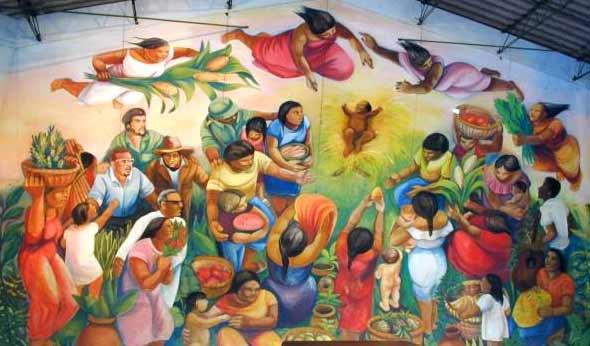
Birth of Liberation Theology
Clerics and theological students across the continent had begun taking a more affirmative position to the Catholic Church's commitment to social issues, influenced by populist governments, socialist movements, the Catholic Workers Movement, and their own experiences. Brazilian clerics began writing treatises in 1959, and during a spirit of openness before and during the Second Vatican Council, critical analysis of the Church's role began to spread across the continent. The Peruvian priest Gustavo Gutierrez was an early leader in these discussions, sharpening the discourse during meetings in Cuba, Mexico and South America. At the Medellin Conference in 1968, priests and others began to coalesce into a movement, and in 1971, Gutierrez coined the term Liberation Theology, just as the church leadership regionally and globally began to turn against them. Cardinal Ratzenberger (now Pope Benedict XVI) issued the Vatican's first official condemnations of Liberation Theology as Marxist in 1984 after meetings with CELAM bishops.